Our lungs are a vital organ and the most ignored organ of our body. It is through them that we breathe. Consequently our lungs are also sucking in harmful elements from the air around us. They are exposed to harmful pollutants and microbes that get deposited from the air we inhale. For people who smoke, their healthy lungs turn black with the deposition of tar in their lungs. Regular detoxification of lungs will help in smooth functioning and help in expulsion of toxins.
Here are 10 ways you can clean your lungs naturally.
10.Quit Smoking!

Advertisements
The best way for a lung detox is to quit smoking. Nicotine and tobacco smoke inhibit lung functions and also put you at risk for lung infections and lung cancer.
If you have been a long-term smoker—of anything, be it cigarettes, a pipe, or marijuana—your lungs are scarred. Tobacco smoke in particular contains carbon monoxide (poison), tar (gums up those little air sacs we need to breathe), and a plethora of additives Big Tobacco has so infamously added to keep smokers smoking (more poison). Above all, no matter what else you do, stop smoking now.
9.Stay away from vaping.
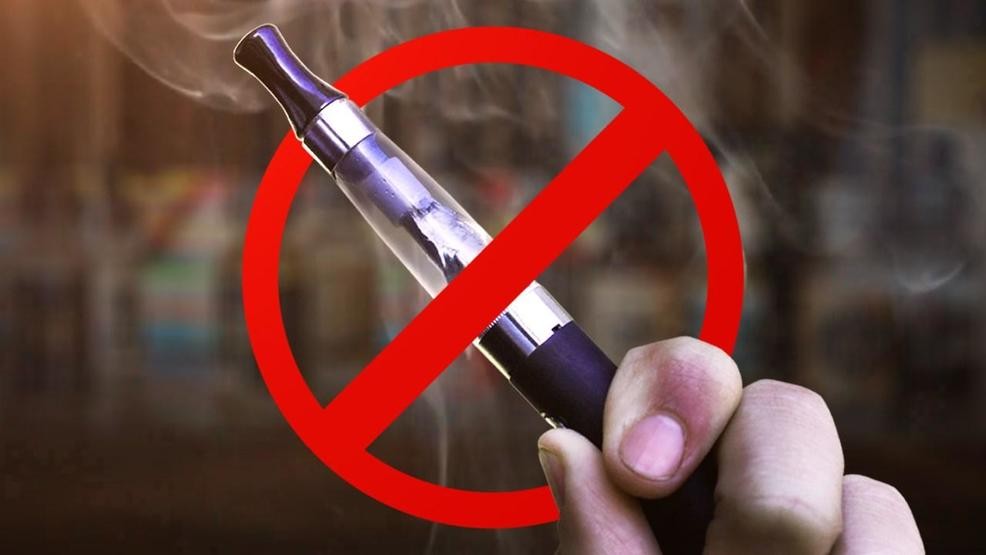
While doctors are still learning about the long-term risks of e-cigarettes, research has started to uncover some short-term ones. A recent study found that vaping makes your lungs less able to clear out mucus, which can lead to infections. “The only thing you should inhale into your lungs is pure, clean air and prescribed medications,” Edelman says. “Nothing else is going to be safe.”
8. Peppermint
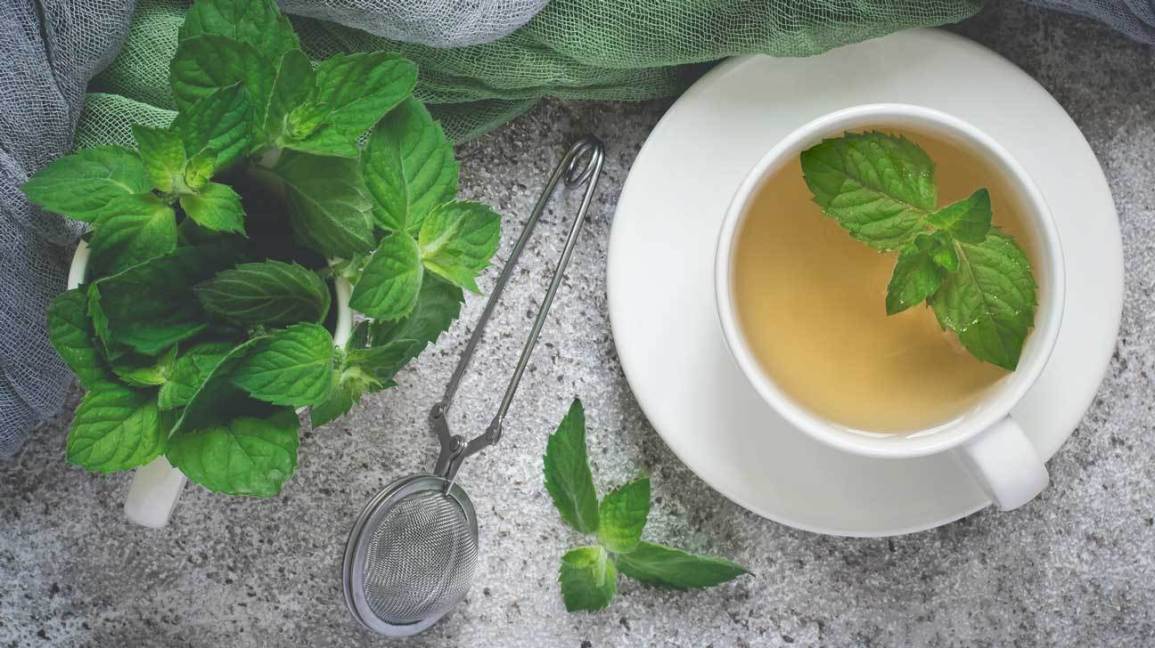
Peppermint is another good option for cleansing your lungs. Peppermint and peppermint oil contain menthol that helps relax the smooth muscles of the respiratory tract. This promotes effortless breathing and helps clear symptoms of any upper respiratory congestion.
A 2010 study published in the Journal of Ethnopharmacology noted that the anti-congestive, anti-spasmodic and expectorant properties of peppermint oil helped relax the trachea in rats.
For strong lungs, chew 3 – 5 peppermint leaves each day.
To treat congestion, add a few drops of peppermint oil to a pot of hot water and inhale the steam.
You can also drink 2 cups of peppermint tea daily. To make the tea, add 1 teaspoon of dried peppermint leaves to a cup of hot water, cover and steep for 10 minutes.
Side Note: Peppermint tea is also very useful for disbursing trapped wind.
7. Bring on the green tea!
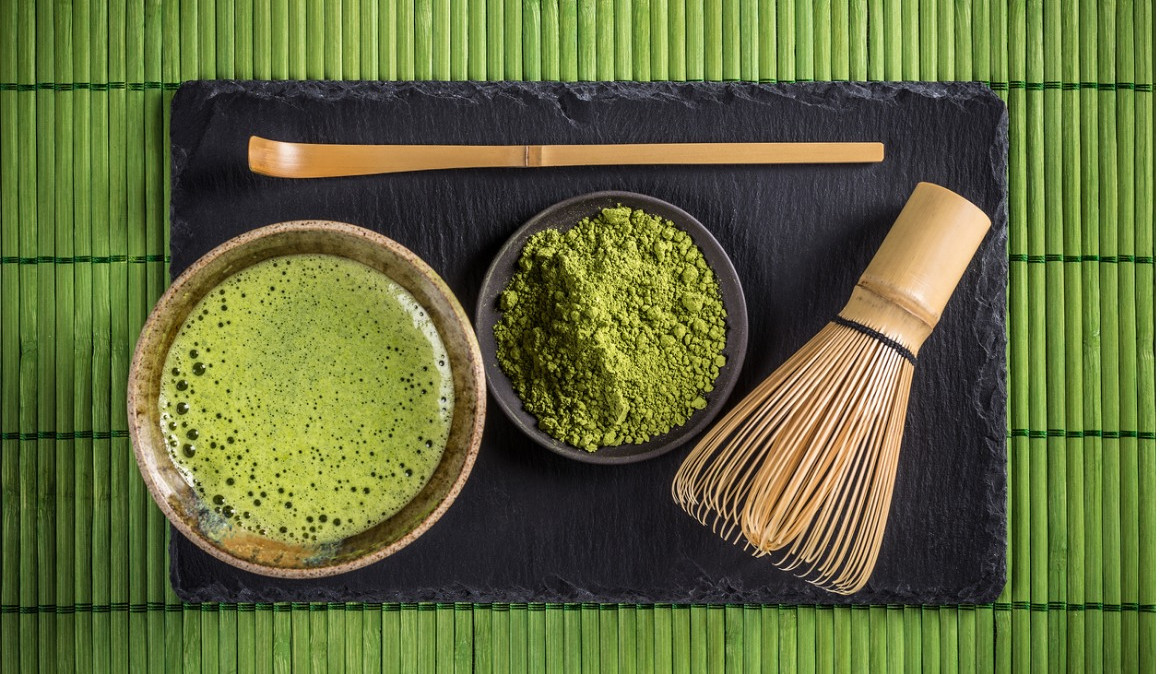
Green tea contains many antioxidants that may help reduce inflammation in the lungs. These compounds may even protect lung tissue from the harmful effects of smoke inhalation.
A recent study involving more than 1,000 adults in Korea reported that people who drank at least 2 cups of green tea per day had better lung function than those who drank none.
Drink a cup of your favourite herbal green tea before bed to release toxins in the intestine that can lead to constipation. Refrain from overloading your lungs with tedious work during this purification process.
6. Ginger
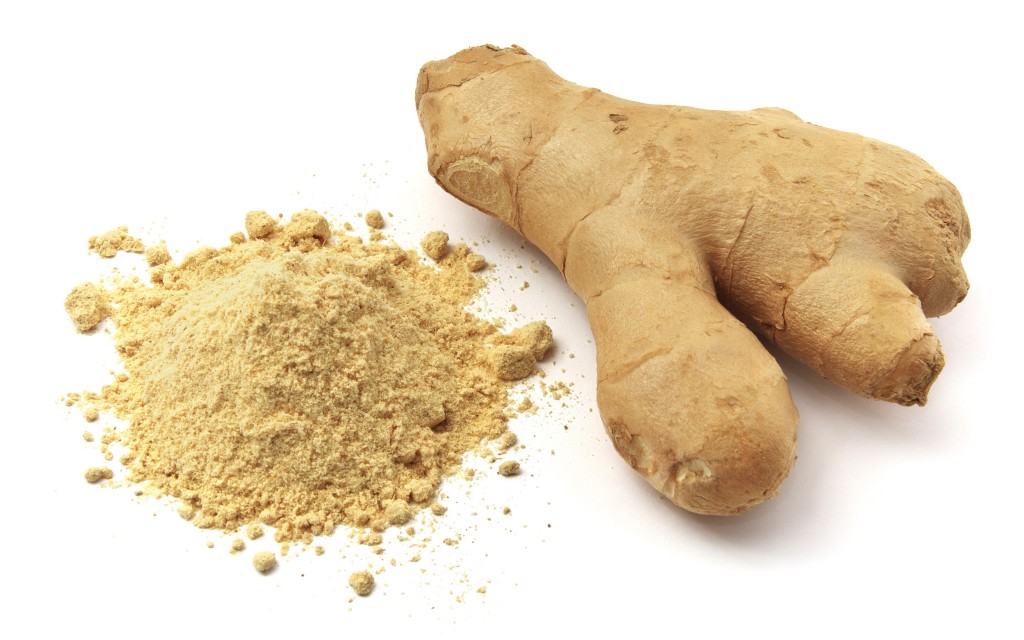
Ginger is effective to detoxify your lungs because it contains several chemical compounds that help the lungs function more effectively by eliminating pollutants from the air passages before they irritate the lungs. It also improves blood circulation. Furthermore, ginger can even help in the treatment of lung cancer. A 2012 study published in the Anti-Cancer Agents in Medical Chemistry indicates the promising chemo-preventative effect of ginger extracts against lung cancer.
Drink 3 – 4 cups of ginger tea daily to enjoy strong lungs. To make the tea, boil 1 teaspoon of sliced grated ginger in 1 or 1½ cups of water. Allow it to simmer for 10 minutes, strain and add a little lemon juice and honey for taste.
Advertisements
Also include raw ginger in your cooking and/or as I stated above, you can also use a thumb of ginger in your vegetable juicing every day.
NOTE: People who take heart or high blood pressure medications should avoid taking ginger in excess.
5.Oregano (organic)
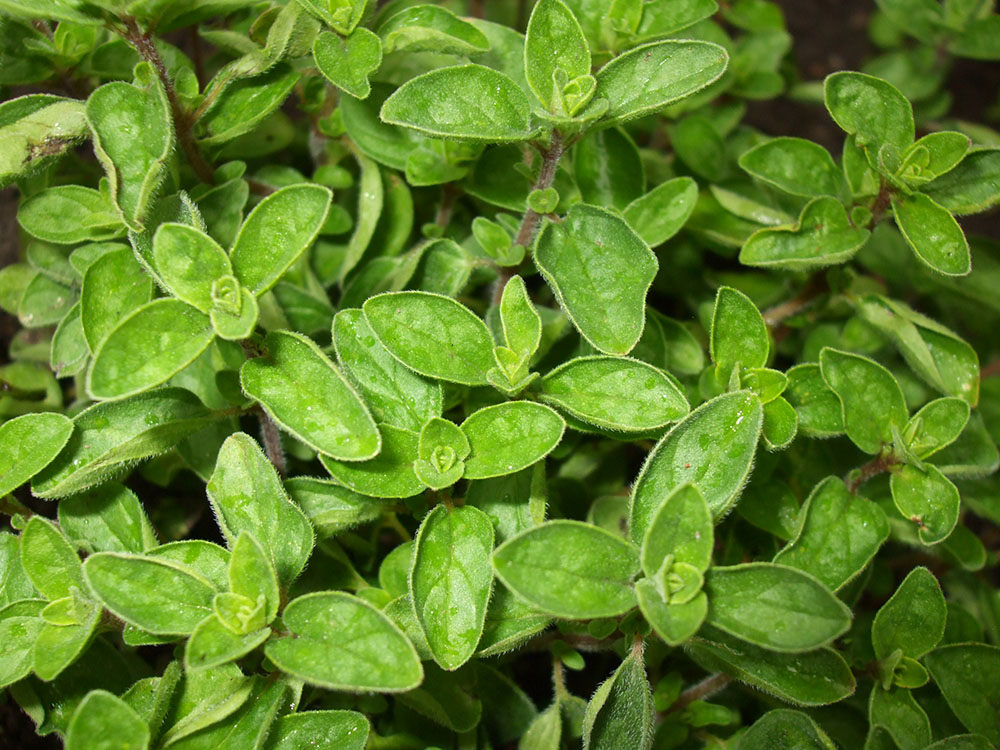
Oregano is rich in compounds like carvacrol and terpenes that act as lung cleansing elements. The herb can help reduce inflammation and congestion in the lungs and improve nasal passage air flow and the health of your respiratory tract.
Drink two cups of oregano tea daily when suffering from asthma or other respiratory problems. You can make the tea by steeping fresh or dried oregano in hot water for about 5 minutes.
To detox your lungs, add a few drops of oregano oil to a glass of warm almond milk or tea and drink it at least once a day. [I have mentioned almond milk as opposed to cow’s milk due to the fact that if you have respiratory problems or asthma, milk may make your condition worse as it is mucus forming. You may also need to stay away from soya milk as soy should only be consumed in its fermented form.]
Another effective way to consume oregano, which is what I do, is by juicing fresh oregano with vegetables such as carrots, celery, apples and dark leafy greens or by sprinkling it on my salads.
4. Anti-inflammatory foods
Inflammation of the airways can make breathing difficult and cause the chest to feel heavy and congested. Eating anti-inflammatory foods can reduce inflammation to relieve these symptoms.

Foods that help fight inflammation include:
- turmeric
- leafy greens
- cherries
- blueberries
- olives
- walnuts
- beans
- lentils
3. Take a hot shower.

A 20-minute hot bath daily will aid in removing toxins. You could also add a few drops of eucalyptus oil to hot water and inhale the steam to purify your lungs naturally. The expectorant compound found in eucalyptus helps in soothing sore throat, congestion and sinus problems.
2. Deep Breathing
Lack of oxygen in the blood is one of several reasons for degenerative disease due to lack of oxygen in the blood and this is the reason, therefore, that it is important we learn how to breath correctly. In today’s modern life we all suffer, from time to time, more stress than our bodies have been designed to cope with which has a knock-on effect on the way we breath. If we are under stress we tend to breath through our rib-cage rather than from below our diaphragm.

Deep breathing can help improve lung capacity by delivering more nourishing oxygen to your body. This will strengthen your lungs, clear the airways and cleanse them. Furthermore, it will increase energy and reduce stress. This is why meditating is a great tool in reducing stress and an opportunity to breath correctly for short periods during the day. One way to do this is to lie flat on your back in a comfortable place. Place your hands flat on your stomach at the base of the rib-cage. Close your eyes and breath in deeply for five seconds, hold your breath for two seconds and then slowly breath out to a count of 5. Repeat this process nine or ten times per session. Whilst doing this, concentrate solely on your breathing and clear your mind of any other intrusion. Ideally, try and do this procedure twice a day. Tip: I find that if I cannot get to sleep and I implement this meditation technique, I am usually asleep within three or four deep breaths.
1.Improve Air Quality
The air that you breath in has a huge impact on your lung health. You may not have control over outdoor air pollution but you can improve your indoor air quality where you spend a lot of your time.

Advertisements
Indoor air is as contaminated as outdoor places due to regular use of chemical-based cleaners, air fresheners and other scents. Indoor air pollutants include carbon monoxide, radon gas, formaldehyde, benzene, ammonia and trichloroethylene (amongst others) can cause harm to your lungs.
Ensure regular cleaning, dusting and mopping of floors to remove dirt and dust. Use a vacuum cleaner with strong suction and a good quality filter to ensure proper cleaning. Minimise the use of harsh cleaners and cleaners with strong fragrances. Switch to non-toxic options for cleaning. Avoid using aerosol sprays laden with chemicals.
Use at least two house plants such as fern, spider plant, peace lily, bamboo palm, aloe vera, English ivy and others per 100 sq ft of space. Ensure adequate ventilation.
Use a good quality humidifier to maintain proper humidity levels.




